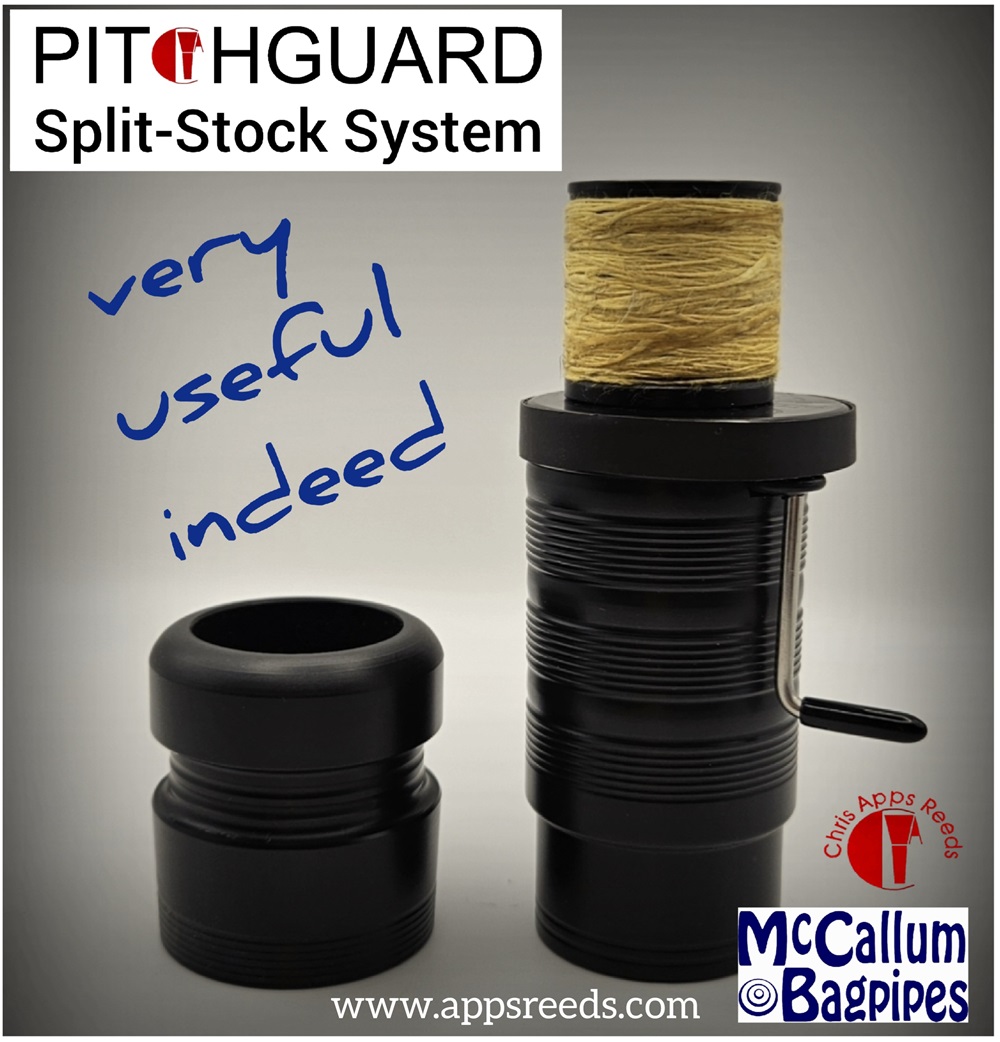
No individuals from the world of highland piping have been recognised in the The Queen’s New Year Honours list for 2021, although a British Empire Medals (BEM) has been awarded to Margaret Campbell of County Tyrone in Northern Ireland for services to pipe bands and highland dancing in the county.
A BEM has also been awarded to Northumbrian Piper, David Bailey for services to music. Mr Bailey has been Piper to both the Lord Mayor of Newcastle and to the Chief Constable of the Northumbria Police for many years.
In addition, legendary west highland box player, Fergie MacDonald receives an MBE for services to Scottish traditional music. Glasgow-born Fergie has lived in Moidart for most of his life and is credited with popularising the west highland style of traditional Scottish dance music.
The Queen’s New Year Honours list is compiled annually at this time of year to recognise the “achievements and service of extraordinary people across the United Kingdom.”
There will be virtually no piping taking place in Scotland tonight to mark the end of the old year and start of the new. One particular annual event that most will not know about is the one that has taken place since 1838 in the Stirlingshire town of Kilsyth.

The Drums and Whistles is unique and its origins are quite uncertain. No other town that we are aware of celebrates the coming New Year in quite this way.
For many years, the procession has been led by the local pipe band, Kilsyth Thistle. However, it is thought to be a very different spectacle to the one which originally made its way through the town.
The origins of the procession are thought to be Masonic. Here is an extract from the 1956 history of the town’s Lodge 39: “Music was always engaged for this occasion [election of office bearers] and, in the case of election night, it was usually a drum and fife band, although there is mention as early as 1844, of the Instrumental Band … After the new office-bearers had been elected, the procession formed outside the Lodge-room; then, headed by the band, marched round the principal streets in a most splendid procession.”
In the Lodge minutes of December 7, 1904 the procession is mentioned by the now well-known name, of the Drums and Whistles is written. The minute recorded was a proposal, “that we spent 24/- (£1.20) on Music to keep an old custom in connection with our Lodge”. Both Catholic and Protestant bands played.

Over the years various bands were used among which were the Instrumental Band, the Kilsyth Old Brass Band, Kilsyth Reed Band, Volunteer Band, Banton Brass Band, the Kilsyth Town Band and Kilsyth Public Band. The names of the bands may have changed over the years and some of these may have been the same under a different name.
In the first half of the 20th century, girls from nearby Banton Mill followed the procession. Seemingly, when the procession finished the girls walked back to Banton to start work as did miners.
In recent years the tradition has been carried on by Kilsyth Thistle Pipe Band.
Here’s to Kilsyth’s Drums and Whistles taking place next Hogmanay – and here’s to piping returning to all our lives in 2021
The Balmoral School of Piping & Drumming is conducting an online workshop over the weekend of February 19-21, 2021.
Its guest piping instructors are Roddy McLeod, MBE, Bruce Gandy, and Andrew Carlisle. It will also offer instruction in snare, tenor and bass drumming.
Robert Mathieson had been included in the original teaching line up but had to pull out for logicstical reasons.
Full details at: https://balmoralschoolofpiping.org/
In this our final post of a year we will be glad to see the back of, the team at Bagpipe.News wishes you a Happy New Year when it comes.



